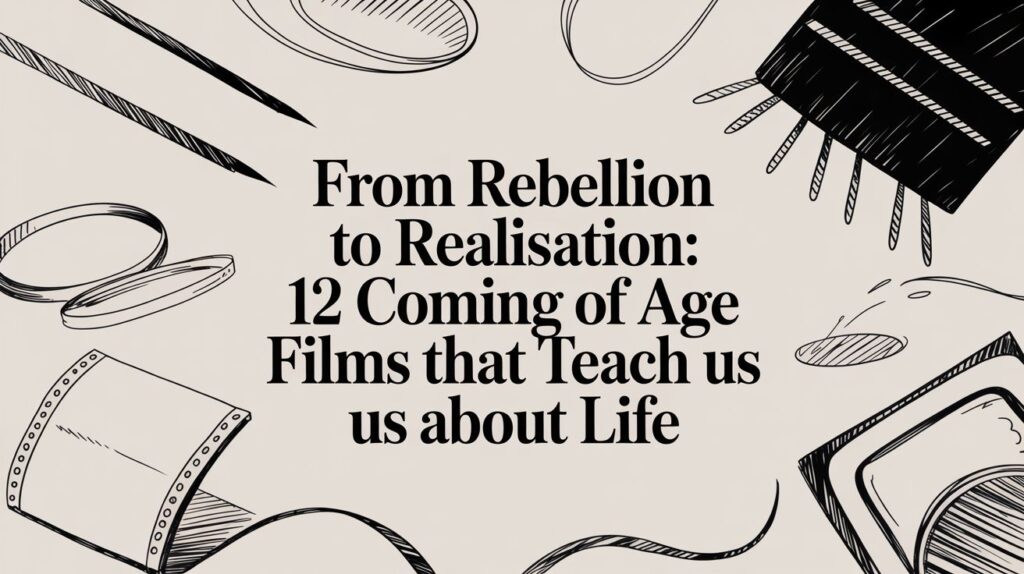Anthony Hopkins: A Life of Epiphanies, Acting, and Finding Peace
![[Anthony Hopkins] looking thoughtful and at peace.](https://www.peopleandmedia.com/wp-content/uploads/2025/10/ac8509fcthumbnail-1024x576.jpeg)
Sir Anthony Hopkins, the acclaimed actor known for his intense portrayals, recently sat down for a candid conversation, reflecting on a life filled with pivotal moments, artistic pursuits, and a deep sense of gratitude.
Key Takeaways
- The Power of Epiphanies: Hopkins highlights specific moments of clarity that reshaped his life, particularly his decision to quit drinking.
- Embracing Imperfection: He discusses the ongoing battle with self-doubt and the importance of accepting one’s flaws.
- The Art of Acting: Hopkins shares his perspective on acting as a craft and a form of entertainment, rather than something to be taken too seriously.
- Finding Meaning: Despite a life filled with success, he views his journey as a mystery, emphasizing the miracle of simply being alive.
The Turning Point: Quitting Alcohol
Hopkins recounts a dramatic turning point on December 29, 1975. Driving in a blackout, he realized the potential danger he posed to himself and others. This moment of stark realization led him to acknowledge his alcoholism and seek help. He describes a profound inner voice that told him, "It’s all over now. You can start living and it has all been for a purpose." This experience marked the beginning of his sobriety and a new chapter in his life.
Overcoming Childhood Doubts
His journey wasn’t always smooth. Hopkins shares memories of his school days, where he was labeled "Dennis the Dunce" due to academic struggles. He recalls a particularly difficult moment when his father expressed concern over his poor school report. This experience, however, sparked a determination within him. He decided to "stop playing the game of being stupid" and instead "act as if it is impossible to fail." This shift in mindset was a significant step in his personal development.
The Spark of Acting
Despite his early academic challenges, a passion for acting ignited within him at 17. He received a scholarship to acting school, a path he hadn’t previously considered. A pivotal moment was seeing Peter O’Toole perform, which inspired him with its raw energy. Later, he had the unexpected opportunity to work with O’Toole on his first film, "The Lion in Winter," a moment he still finds somewhat inexplicable.
The Inner Voice and Creative Pursuits
Hopkins acknowledges that the voice of self-doubt from his childhood still exists, but he has learned to manage it. He encourages others to "wake up and live" and "act as if it is impossible to fail." This philosophy has extended to other creative outlets. He discovered a talent for composing music, writing, and painting, often encouraged by his late wife, Stella. He describes how she found his drawings and urged him to paint, leading him to explore these artistic avenues.
Acting as a Form of Escape and Entertainment
When asked what acting fulfills for him, Hopkins suggests it’s not about fulfilling a need but rather enjoying the process. He finds satisfaction in learning scripts and delving into texts. On a deeper level, he admits acting might be a way to "escape from what I was" – that lonely, bullied child. He views acting primarily as entertainment, a "wonderful game called life," and cautions against taking oneself too seriously.
Life’s Mysteries and Gratitude
Now in his late eighties, Hopkins views his life as a mystery. He doesn’t take credit for his successes, seeing them as things that "just happened to me." He emphasizes the miracle of life itself, finding wonder in his own continued existence and observing the simple miracle of his cat’s life. He believes that while life presents monstrous difficulties, the ultimate meaning comes from acknowledging the present moment and expressing gratitude.
Reflections on Legacy and Relationships
Hopkins rarely contemplates his legacy. He recalls attending the funeral of his friend and colleague, Laurence Olivier, and the profound realization of life’s transient nature. He also touches upon the painful estrangement from his daughter, stating that while he wishes her well, he cannot dwell on what might have been. He stresses the importance of acknowledging human imperfection and moving forward rather than holding onto resentment.
The "Cold Fish" and Emotional Remoteness
He discusses labels like "Asperger’s" and "cold fish," preferring the latter as a descriptor of his natural inclination towards being a loner. He explains that while he may seem remote, he has deep feelings, often expressed through his art. This emotional remoteness, he believes, has also served him well in his acting, allowing him to create characters with a compelling, understated presence, a strategy he learned from mentors and honed over his career.
Finding God and the Nature of Reality
Hopkins describes an epiphany where he felt he had "found God," not in a conventional religious sense, but as a powerful force beyond his understanding. He calls this force "God" for simplicity. He also muses on the idea that life itself might be a dream, a concept that brings him a sense of peace as he approaches the end of his life. He finds solace in memories of his childhood, his parents’ struggles, and the simple wonder of being alive.








Responses